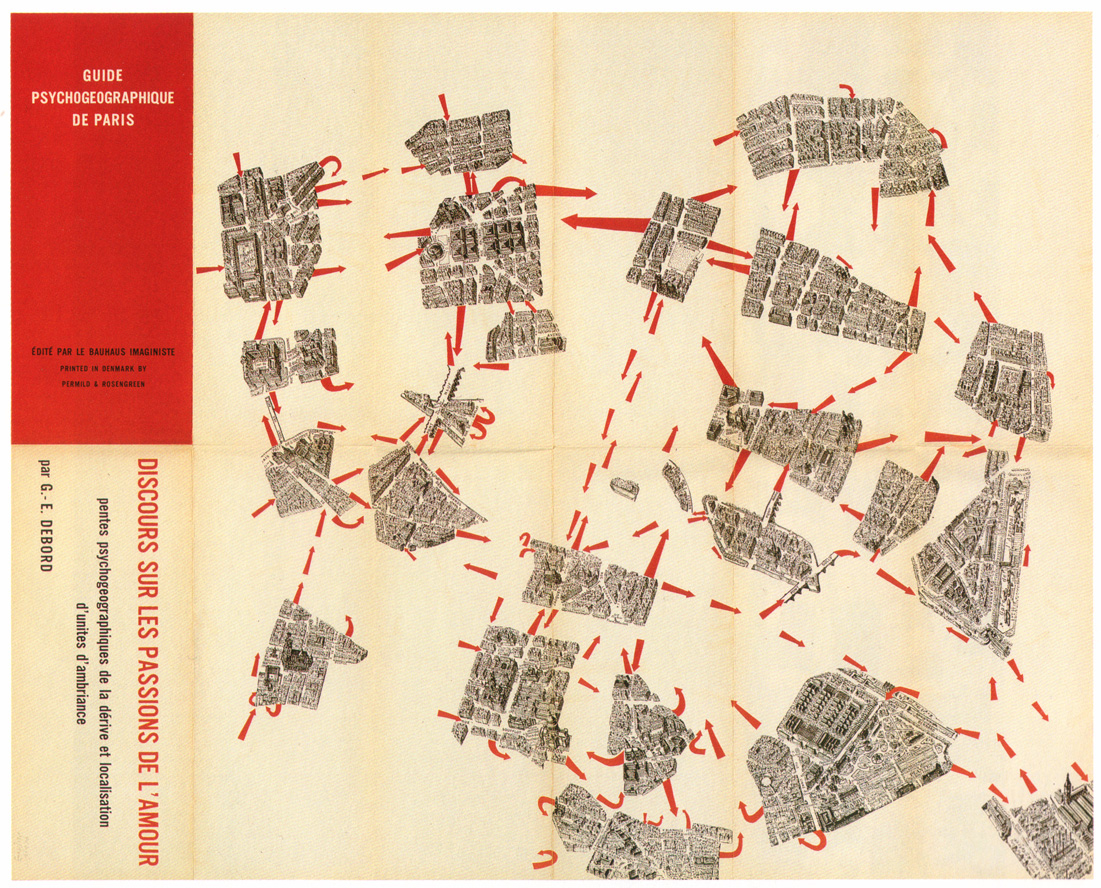
Each city is composed of material life–buildings, thoroughfares, gardens, grid–but it also lives as a manifold creation enabled by the shifting ways in which we are able to perceive it. Capitalism is one way to perceive a city and we are conditioned from infancy to utilize the pathways of this lens. Revolution is another way to perceive a city, a lens that the Uprisings have awakened to a widening ring of people. Each person has a particular standpoint from which they see the workings of relation through power, which is why those who are most oppressed best perceive the ways power work to organize people and places and resources and freedoms.
But there are also ways of perceiving a city that precede economic and political viewpoints. If capitalism can be said to constitute our tuition into urban life, neurodivergence might be the key to rediscovering our intuition of what urban life is and can be, a means to surface ethical, impassioned, patterned, and synesthetic visions of urban existence that might produce what indigenous ecologist Robin Wall Kimmerer calls “mutual flourishing” and what nonspeaking autistic poet Hannah Emerson calls “most pleasing networks.”
In other words, the Neurodivergent City is already here, we merely need guides to reveal it.
One of those guides is nonspeaking autistic poet Adam Wolfond, who alternatively calls himself “the maker of wanting space” and “the masterful ticcer” and “the open man who laughs at money” and who writes:
The objects are calling me / to them as the way we are / languaging the wanting movement / and idea of the calm feeling is the waters / landing making less ran / love to the same place / of trees and terrific feeling.
Due to his sensorimotor processing, he cannot organize his vocal cords into speech and requires facilitation to type, but he sees himself as an apt facilitator for others, who have lost the ability to innately language their way through and with the world around them. He sees facilitation as a practice of consensual (feeling + with) interdependence. He writes:
Bring the safe good typing / to the neurodiverse city // Bring the good support / of having good facilitators // I am also a facilitator / of basic understanding / of different easy ways / of patterning and pasturing / and thinking with the earth // I am good at knowing / about the facilitation / and watching the way / measures are in in in place / of how independence is / about the person and not / about the people